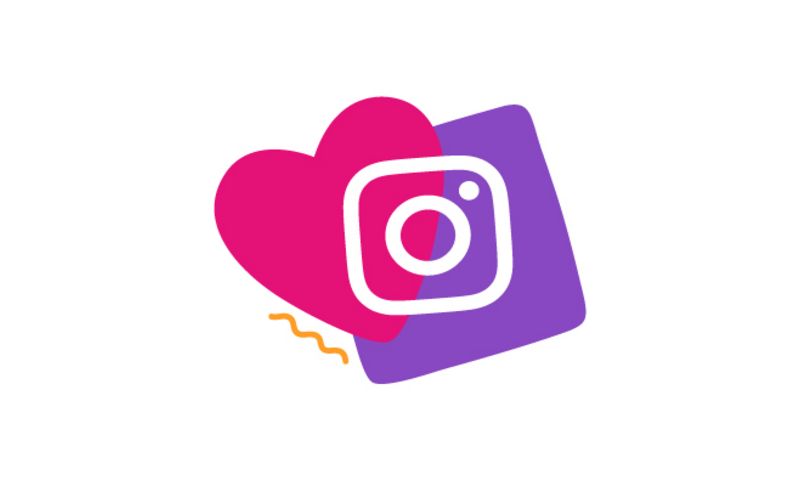![]()
It’s no longer news that many social media users are addicted to likes. Many users translate reactions to equate acceptability and love. Some studies in fact, reveal that the pressures of social media popularity can adversely affect mental health especially in young people. Facebook app is suggesting that it might test hiding the number of likes a post receives.
Many users of Instagram and Facebook find it frustrating to see influencers rake thousands of dollars per post on Instagram while they struggle to attract likes and followers. Instead on placing focus on what they love to share, they struggle to attract attention, thereby posting what they think the world would accommodate. Some end up lying about their sexual orientation, while some flaunt a lifestyle that isn’t real.
With the new development of concealing likes, many are uncertain what this would mean for influencers whose paycheques depend on the number of likes their posts can attract in sponsored posts.
Instagram, its photo-sharing app has begun hiding likes to terminate pressure on users. This decision comes from the concern that social media platforms can contribute to people having feelings of low self-esteem and inadequacy particularly in young people.
The goal is to make users focus on sharing the things they love and not on the number of likes. “We want people to worry a little less about how many likes they’re getting on Instagram and spend a bit more time connecting with the people they care about,” the photo-sharing app explained at the time.
Studies have revealed that the number of likes a post gets is a measure of success or popularity on Facebook, Instagram, twitter and other social networks. Many users also tend to put value on a post which garners a high number of likes.
Facebook’s algorithm could also be a contributing factor to users’ behaviours regarding likes. Facebook decides what to trend on your timeline depending on what post the other users are reacting to. More likes, more notifications mean a trending post. Who doesn’t want to trend on social media? What’s more worrisome for influencers is how they would quantify popularity and pay cheque. Many of them are paid according to how many likes their post is able to attract. The higher the likes, the higher the pay check, as well as their value in the “stock market.”
Ms Wong shared her discovery in a blogpost about Facebook’s intentions to hide post likes, in which she emphasised that she doesn’t work with or for the social network, but that “hiding the number of public like counts will be beneficial to the digital wellbeing of a large chunk of users.”
Ellen Pao, tweeted that the new development was long overdue, implying in her tweet that Facebook is a late bloomer.
“Social platforms have known as early as 2014 that social media impacts mental health and only now is Facebook starting to hide like counts,” she said.
Instagram is done with the trial but said it wasn’t ready to go public with the results. “We hope this test will remove the pressure of how many likes a post will receive, so you can focus on sharing the things you love,” Mia Garlick from Facebook said when the Instagram trial was announced.
Whatever the outcome of the decision, we all can agree that this lessen the pressure of users struggling to be accepted on the social media space.
Discover more from TechBooky
Subscribe to get the latest posts sent to your email.







